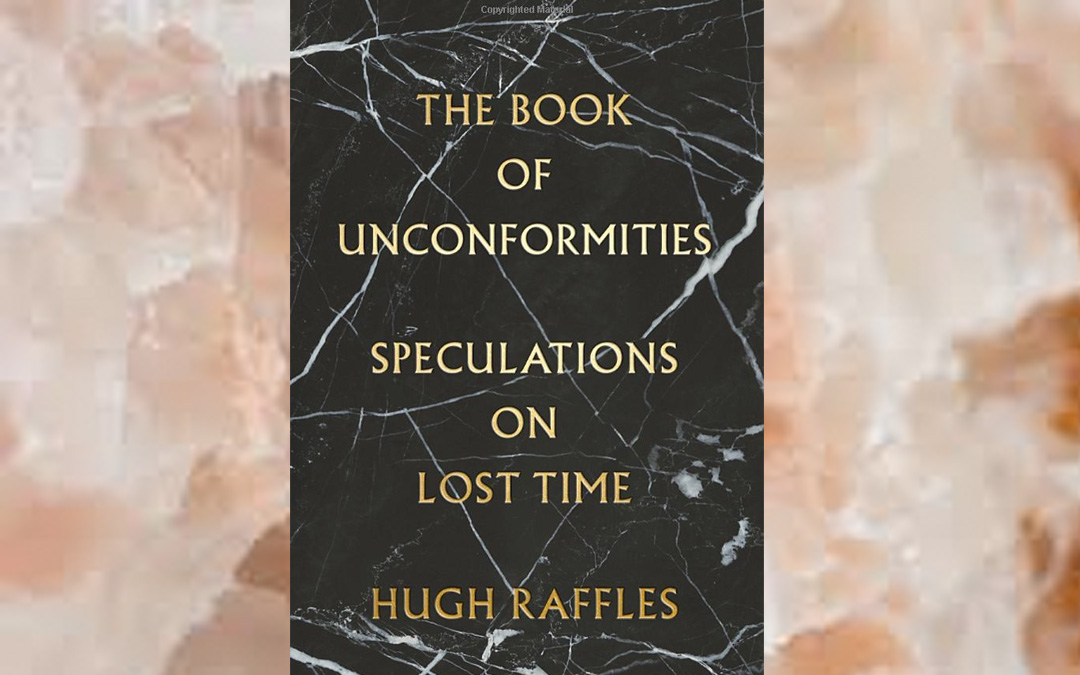

Ethnographic Refusals, Unruly Latinidades
2022. Edited by Alex E. Chávez and Gina M. Pérez, with a foreword by Arlene M. Dávila
The contributors to this volume highlight the value of radical inclusion in their research and explore how Latinx ethnographers and interlocutors work together in contexts of refusal, as well as the extraordinary possibilities offered by ethnography and its role in ongoing social transformation.
The New Death: Mortality and Death Care in the Twenty-First Century
2022. Edited by Shannon Lee Dawdy and Tamara Kneese
This book brings together scholars who are intrigued by today’s rapidly changing death practices and attitudes. What are the beliefs, values, and ontologies entwined with these emergent death practices? Are we witnessing a shifting relationship between the living and the dead?
Archaeologies of Empire
2020. Edited by Anna L. Boozer, Bleda S. Düring, and Bradley J. Parker
This book demonstrates how archaeological research can contribute to our conceptualization of empires across disciplinary boundaries.
Afro-Atlantic Dialogues
2006. Edited by Kevin A. Yelvington
This book breaks new theoretical and methodological ground in the study of the African diaspora in the Atlantic world. Leading scholars of archaeology, linguistics, and socio-cultural anthropology draw upon extensive field experiences and archival investigations of black communities in North America, the Caribbean, South America, and Africa to challenge received paradigms in Afro-American anthropology.
Aztec, Salmon, and the Puebloan Heartland of the Middle San Juan
2018. Edited by Paul F. Reed and Gary M. Brown
Often overshadowed by the Ancestral Pueblo centers at Chaco Canyon and Mesa Verde, the Middle San Juan is one of the most dynamic territories in the pre-Hispanic Southwest, interacting with Chaco Canyon and Mesa Verde as well as the surrounding regions.
Becoming Indian
2011. Circe Sturm
Becoming Indian explores the social and cultural values that lie behind this phenomenon and delves into the motivations of these Americans—from so many different walks of life—to reinscribe their autobiographies and find deep personal and collective meaning in reclaiming their Indianness.
Chiefdoms
1991. Edited by Timothy Earle
The study of chiefdoms has moved from preoccupation with their formal characteristics to a concern with their dynamics as political institutions. The contributors to this volume are interested in how ruling elites retain power through control over production and exchange, and then legitimize that control through an elaborate ideology.
Childhood
2016. Edited by Courtney L. Meehan and Alyssa N. Crittenden
This collection is the first to specifically address our current understanding of the evolution of human childhood, which in turn significantly affects our interpretations of the evolution of family formation, social organization, cultural transmission, cognition, ontogeny, and the physical and socioemotional needs of children.
Classic Maya Political History
1991. Edited by T. Patrick Culbert
This volume is the first to present in detail the results of decipherment and to consider the implications of a Classic Maya written history. Contributors examine the way in which the Maya elite created the kinship, alliance, warfare, and ceremonial networks on which the civilization was founded.